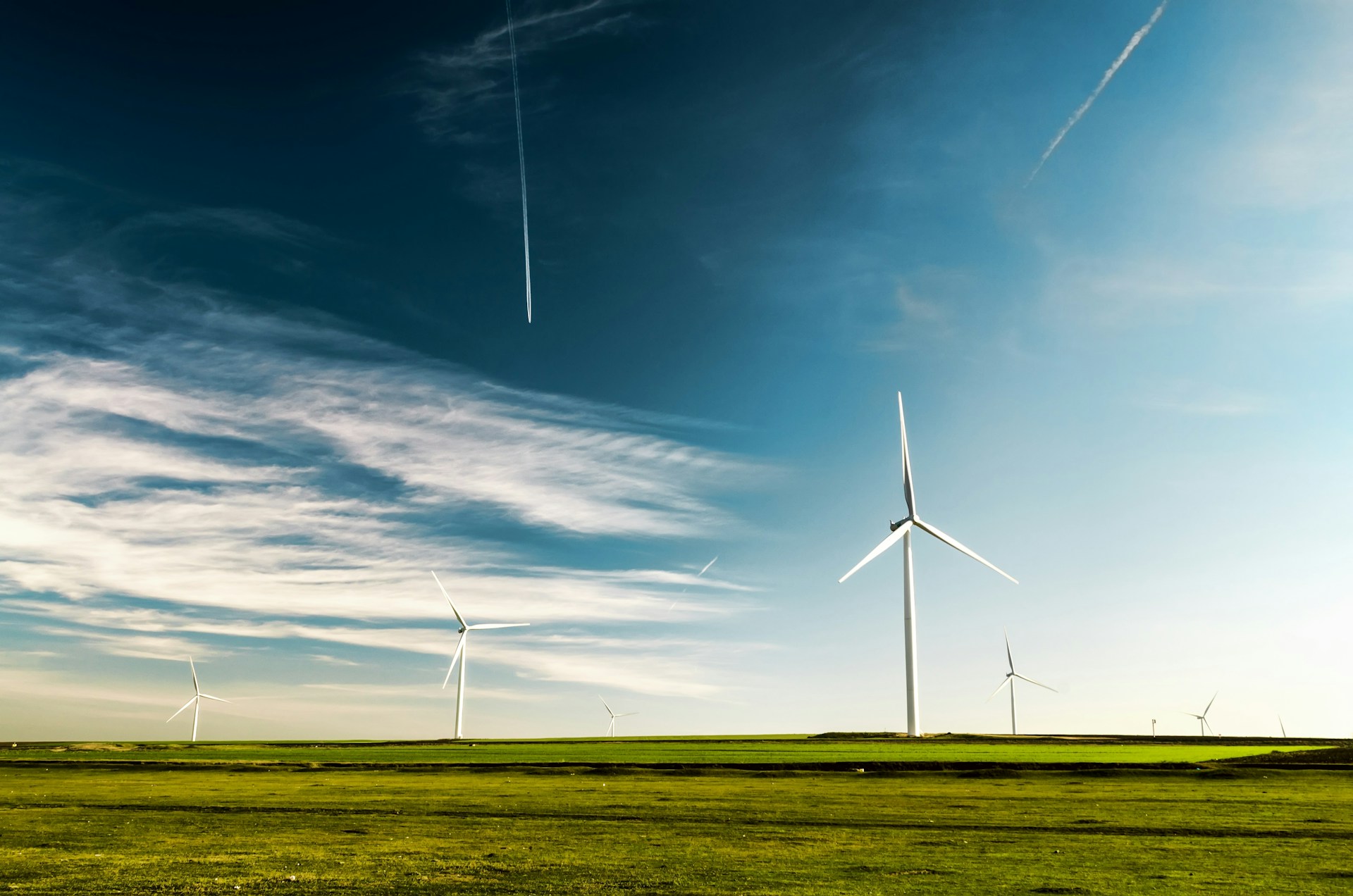Advances in Artificial Intelligence (AI) for Sustainable Energy
Renowned tech magnate Bill Gates, speaking at a London conference organized by Breakthrough Energy, highlighted the positive impact of artificial intelligence (AI) on climate goals. Despite concerns about the energy consumption of data centres, Gates emphasized that AI will help countries reduce energy use by making power grids more efficient.
Optimizing Energy Efficiency with AI
Contrary to fears, Gates pointed out that data centres, even in extreme cases, only require about 6% additional resources and typically between 2% and 2.5%. He highlighted that AI will enhance the efficiency of the energy grid, offsetting the costs of data centres. Gates suggested that the need for more data centres to support AI could be balanced by increased investments in green energy.
Tech Companies Embrace Sustainable Practices
Gates noted that the expansion of data centres for AI will be offset by greater investments in renewable energy sources. He stressed that tech companies are committed to paying more to use clean energy and demonstrating their global environmental responsibility. AI is poised to revolutionize energy systems for a greener future, addressing concerns about energy consumption in a rapidly developing digital era.
New Perspectives on Artificial Intelligence in the Transition to Green Energy
As the integration of artificial intelligence (AI) continues to play a crucial role in the transition to green energy, several key questions emerge, shedding light on the opportunities and challenges in this evolving landscape.
Key Questions:
- How can AI be leveraged to optimize the performance of renewable energy sources such as solar and wind power?
- What are the implications of AI-powered smart grids in facilitating efficient energy distribution and consumption?
- Are there ethical considerations surrounding the use of AI in monitoring and managing green energy systems?
Answers to the Questions:
- AI can be instrumental in predicting and mitigating fluctuations in renewable energy generation, thereby maximizing the utilization of solar and wind resources.
- AI-powered smart grids can enable real-time monitoring of energy demand, leading to better load management and reduced waste.
- Ethical dilemmas may arise regarding data privacy and algorithmic biases in AI applications for green energy, necessitating transparent governance frameworks.
Key Challenges and Controversies:
- Data Security: The interconnected nature of AI systems in green energy infrastructure raises concerns about vulnerabilities to cyber threats.
- Job Displacement: AI-enabled automation in the energy sector could lead to workforce disruptions and require reskilling initiatives.
- Regulatory Hurdles: The rapid pace of AI adoption in green energy demands clear guidelines and policies to ensure responsible use and mitigate potential risks.
Advantages and Disadvantages: – Advantages:
- Improved Efficiency: AI can optimize energy production, transmission, and consumption, leading to overall efficiency gains.
- Environmental Impact: By streamlining green energy operations, AI contributes to carbon emissions reduction and promotes sustainability. – Disadvantages:
- Overdependence on Technology: Excessive reliance on AI algorithms may pose risks in the event of malfunctions or system errors.
- Equity Concerns: Ensuring equitable distribution of AI benefits and access to green energy technologies remains a critical challenge.
